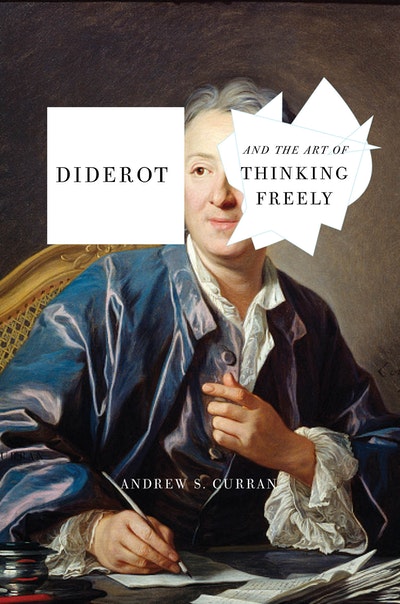[]
- Published: 15 January 2019
- ISBN: 9781590516706
- Imprint: Other Press
- Format: Hardback
- Pages: 528
- RRP: $69.99
Diderot and the Art of Thinking Freely
Formats & editions
Buy from…
- Published: 15 January 2019
- ISBN: 9781590516706
- Imprint: Other Press
- Format: Hardback
- Pages: 528
- RRP: $69.99
Praise for The Anatomy of Blackness:
"[An] engrossing, comprehensive study...Curran's ability to dissect and explain complicated arguments of the period's major thinkers is impressive." --Choice
"This is an important contribution to an important topic. But it is also a model of how intellectual history should be done. Curran moves well beyond the parade of Big Thinkers that have long dominated the history of ideas. He reads them, to be sure, but he also reads what they read." --Marshall Poe, New Books in History



